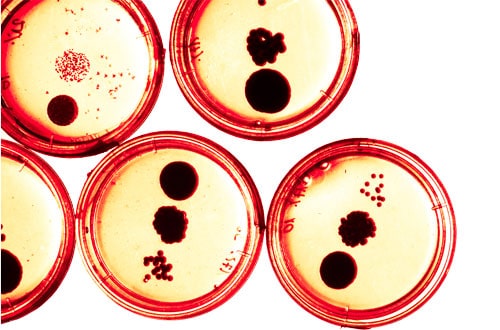
Taking place from 18 to 24 November 2023, World antimicrobial resistance (AMR) Awareness Week will focus on the theme “Preventing Antimicrobial Resistance Together” to combat resistance and improve antimicrobial use in humans around the world.
This AMR Awareness Week, leaders and communities across several sectors will work to preserve antimicrobials and protect the health of people, animals, plants and the environment.
Designated as one of the top ten global public health threats facing humanity by WHO, AMR occurs when bacteria, fungi and parasites change and adapt to antibiotics over time.
Estimated to cost the world’s economy $100trn by 2050 if left unresolved, AMR contributes to approximately five million bacterial infection-related deaths annually.
Currently, the misuse and overuse of antimicrobials is one of the biggest drivers of AMR.
When antibiotics and other antimicrobial treatments become ineffective, infections become more challenging or impossible to treat, increasing the risk of disease spread, severe illness and death.
In September 2024, the theme for this year’s AMR Awareness Week will be a key focus at the UN General Assembly High-Level Meeting on AMR, which will urge countries to make commitments to tackle AMR and international agreed targets to accelerate action.
In an effort to improve the surveillance of AMR and reduce inappropriate antibiotic consumption, the World Health Organization (WHO) previously developed the Access, Watch, Reserve (AWaRE) antibiotic publication for AMR, which offers evidence-based guidance on the optimal treatment for around 30 common infections, including antibiotics when they are not needed.
In alignment with the Global Action Plan on AMR, the publication focuses on the urgent need to strengthen AMR governance and leadership in countries to financially and technically support countries to develop, prioritise, implement and monitor multi-sectoral AMR national action plans (NAPs).
According to the annual Tracking AMR Country Self-assessment Survey, 93% of countries have developed AMR NAPs and 68% are implementing some elements of their plans.
Additionally, only 27% of countries have a costed and budgeted NAP that includes a monitoring and evaluation framework and 11% have established financial provisions to support AMR NAPs in their national budgets.




